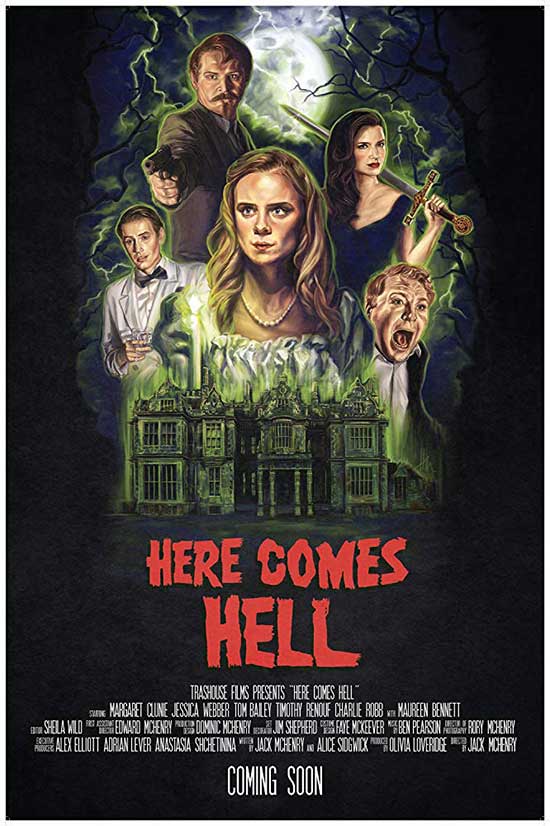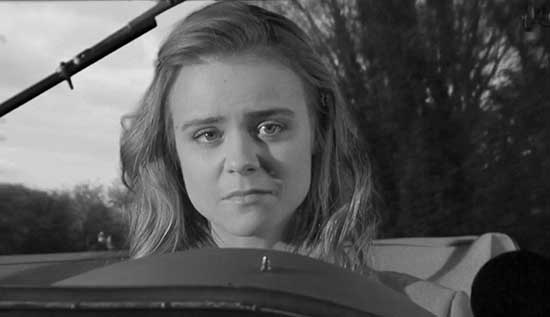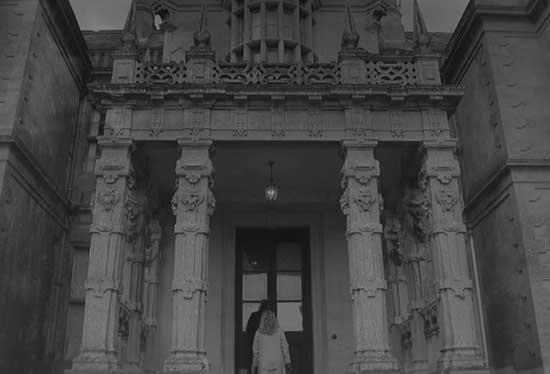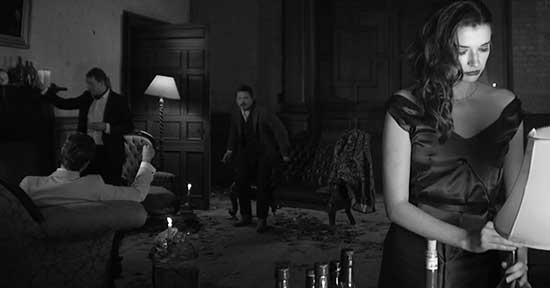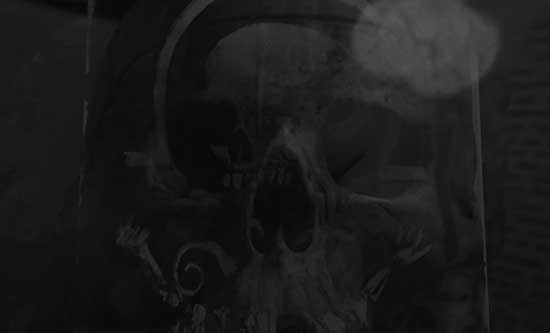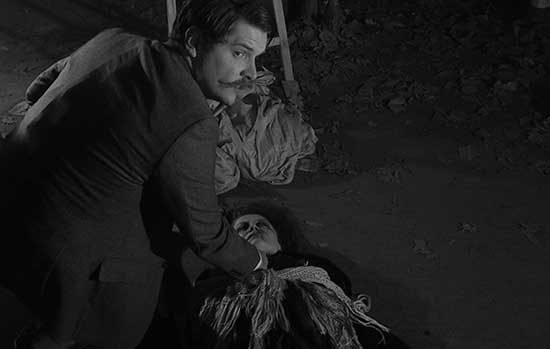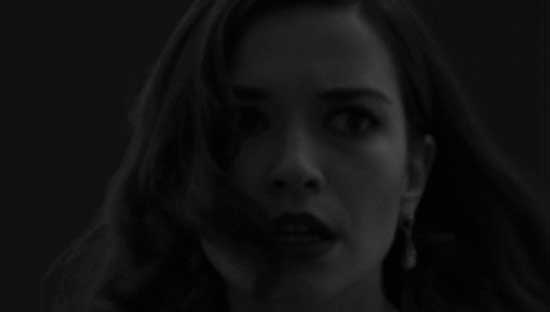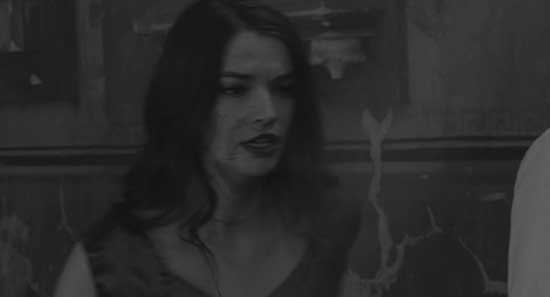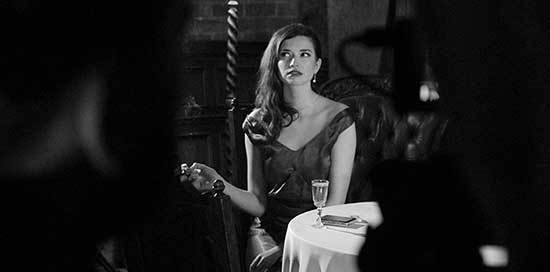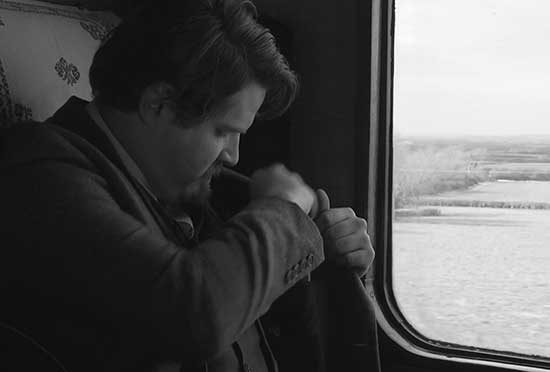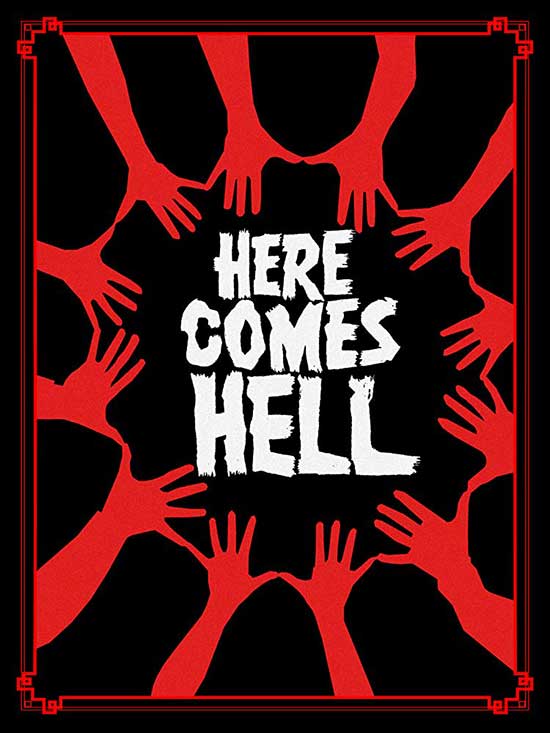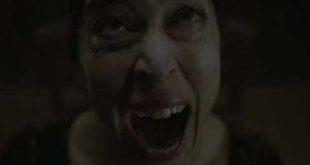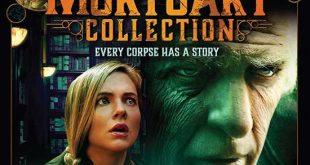SYNOPSIS:
A 1930’s dinner party at a run-down estate goes to hell when a séance contacts the residence’s former owner.
REVIEW:
Director: Jack McHenry
Writer: Jack McHenry & Alice Sidgwick
Starring: Jessica Webber, Margaret Clunie, Timothy Renouf, Charlie Robb, Tom Bailey
Here Comes Hell (2019) claims to be a love letter to early horror’s dark mansion pictures, where pacing falls way to brooding atmosphere and characters with mysterious motives. Instead, it’s a delightful throwback to Sam Raimi’s early days, with budget effects that are fun and effective and a tone alternately playful and gruesome. The choice of period, film effects, and smart monster-work make this movie one of the better indie efforts that 2019 has to offer.
The story follows a group of English high-society friends attending a dinner party at a dead occultist’s rundown estate, now owned by the foppish free-spender Victor (Charlie Robb, Sans Comic series 2018). Thinking it’d be a bit of fun, Victor invites his cold socialite sister Christine (Margaret Clunie, Carnage 2017), Texan drinking buddy George (Tom Bailey, Stratton 2017), and waning tennis star Freddie (Timothy Renouf, Killer Weekend 2018) to a surprise séance performed in the house by spiritualist Madame Bellrose (Maureen Bennett, Inspector Morse series 1987). To the surprise of all, Freddie also brings along his new fiancé Elizabeth (Jessica Webber, #Starvecrow), a middle-class girl who’s instantly a target for Christine’s sharp tongue. The booze and tobacco are abundant, and the acting is excellent with the exception of Tom Bailey’s American, who is less convincing, though not distractingly terrible. Clunie and Webber are the standouts, and their evolving relationship as the night goes horribly wrong is convincing and engaging.
The dialogue is well crafted and the scene work is stellar, though the plot itself falls prey to the uneven conventions of its early 1900’s inspirations. The first half of the film plays like a satire on old-school high-society, and at the nearly exact halfway mark, the film flips to an Evil Dead 2 carnage-fest. This makes the first portion of the film a bit plodding, and the second half more edge-of-your seat, but neither are lacking in engagement.
The comparison to Sam Raimi’s early efforts is easy to make when the horror elements are introduced. Spooky possessed bodies lurch to and fro, have bug-eyed colored contacts, and cackle like crazy people. There are some scenes that feel jammed in, such as when Clunie’s smug character finds herself literally shrinking in the eyes of her fellow partygoers, which features some of the weaker green-screening and is promptly forgotten amidst the rest of the film’s plot. Still, debut director Jack McHenry and co-writer Alice Sidgwick (also in her screenwriting debut) keep things interesting and clever, never allowing for the audience to second guess any questionable effects.
Okay, maybe one questionable effect can be singled out, which occurs when a possessed character’s severed hand grows into what is clearly a toy dinosaur’s head, which chomps away at the living. It could have been doctored up to appear less toy-like, but considering the film’s budgetary restrictions and period-piece accomplishments, such issues feel minor.
The 1930’s shell serves Here Comes Hell well, and the choice to present the film in black and white with nicely vignette-ed lighting and understated graininess works to both set the tone and enhance the monster and gore visuals that might look less fresh and convincing in full color. The period also suits the dialogue, with the cast’s English reserve working well to create a sense of mystery before the spooky bits of the plot have even become apparent.
Overall, if the idea of a 1930’s period piece with Raimi-esque boogeymen and clever budget effects is at all appealing, give it a try. Here Comes Hell is campy but not sophomoric, and McHenry and Sidgwick should be applauded for such an ambitious and overall successful first feature film outing.
 Horror News | HNN Official Site | Horror Movies,Trailers, Reviews
Horror News | HNN Official Site | Horror Movies,Trailers, Reviews
